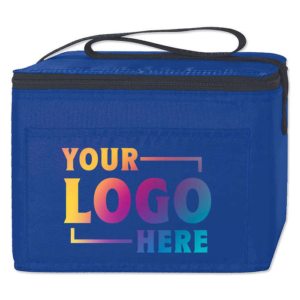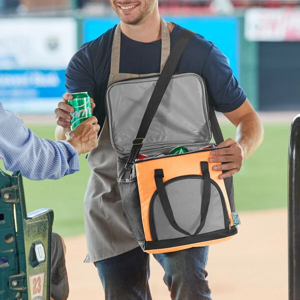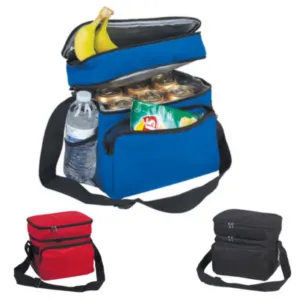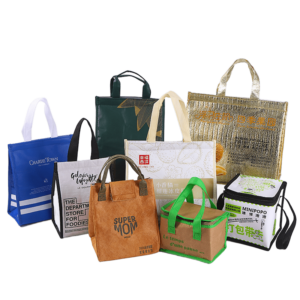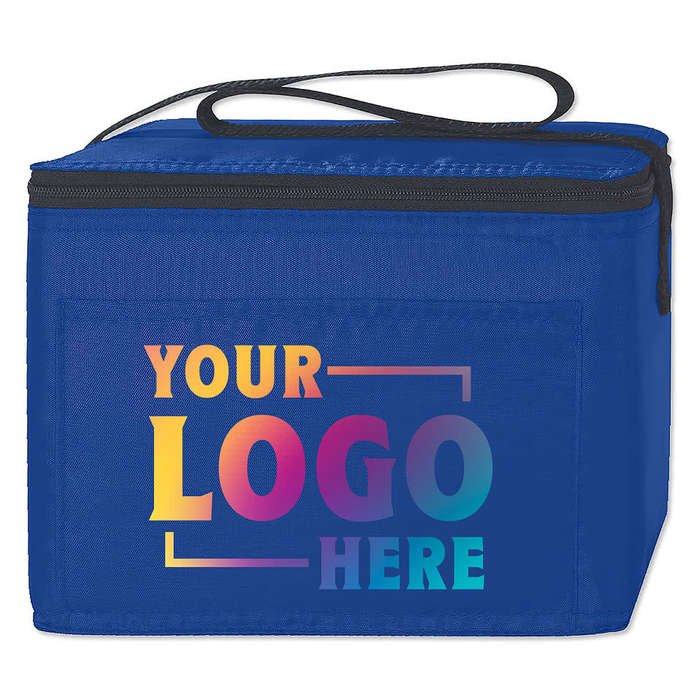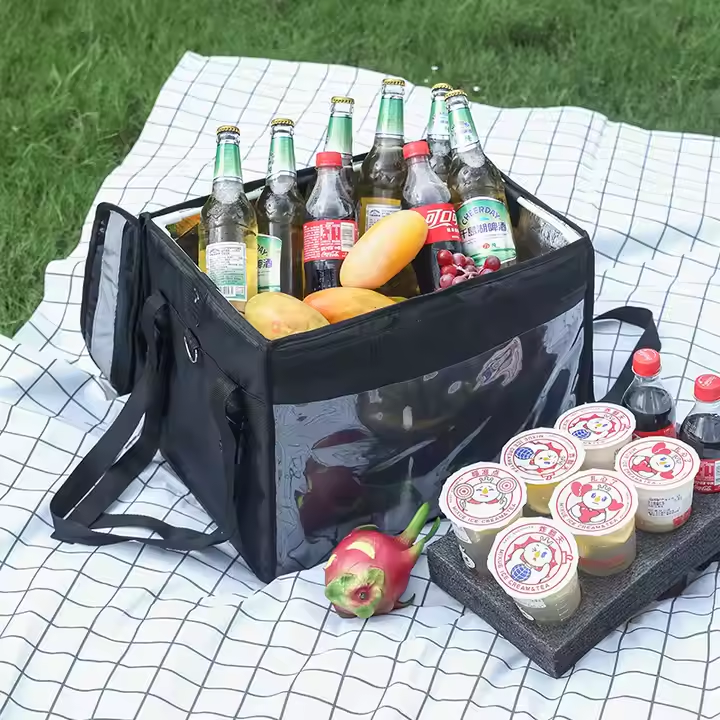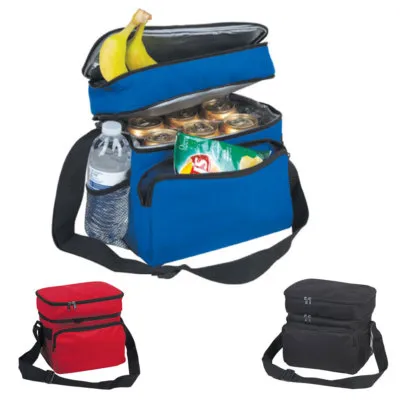Shipping delays can disrupt supply chains, harm client relationships, and increase costs. For international bag shipments, preparation and strategy are key. This article outlines five proven ways to avoid delays and ensure smoother cross-border logistics.
Avoid international shipping delays by ensuring complete documentation, planning duties and fees, optimizing transport, complying with regulations, and working with customs experts.
These strategies help exporters deliver on time and keep customers satisfied.
Ensure Accurate and Complete Documentation
 )
)
Dive-Deeper paragraph:
Incorrect or missing documents are among the most common reasons for customs delays. Every international bag shipment must include accurate commercial invoices, packing lists, and certificates of origin. The Harmonized System (HS) code must be correctly matched with the product. Mismatches between documents can trigger inspections or hold-ups. Shippers should double-check details like addresses, weights, and values for consistency across all paperwork.
Documentation Checklist
| Document | Purpose |
|---|---|
| Commercial Invoice | Declares value for customs |
| Packing List | Lists itemized shipment contents |
| Certificate of Origin | Verifies country of manufacture |
| HS Code | Classifies goods by tariff rules |
Plan Ahead for Duties, Taxes, and Fees
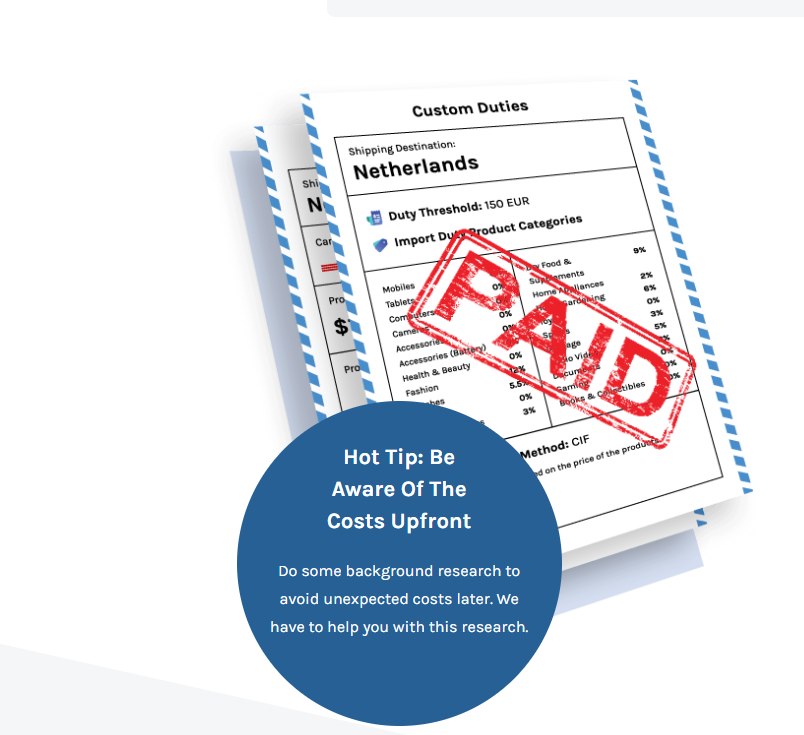
Dive-Deeper paragraph:
Customs may detain shipments if duties and taxes are unpaid or incorrectly calculated. To avoid delays, estimate and pay all fees before arrival. Options like Delivered Duty Paid (DDP) shift the burden of import charges to the shipper, easing the process for buyers. Experienced shippers use tools or partners that provide tax simulations and help plan total landed costs accurately.
Duty Planning Tactics
| Method | Advantage |
|---|---|
| Use DDP shipping | Reduces recipient delays |
| Prepay customs duties | Prevents clearance holdups |
| Tariff classification | Ensures correct tax calculation |
Optimize Routes and Modes of Transport
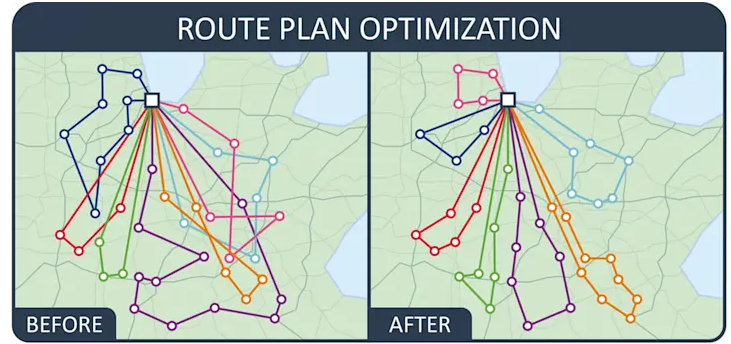
Dive-Deeper paragraph:
Global disruptions—like port congestion or labor strikes—can derail delivery timelines. Choosing flexible transportation routes and modes helps reduce the risk. For urgent deliveries, air freight might be the fastest but costliest. For bulk shipments, ocean freight is economical, though slower. Companies can adjust order sizes to match efficient shipping options and monitor real-time route conditions to avoid bottlenecks.
Route Optimization Comparison
| Mode of Transport | Speed | Cost | Best Use Case |
|---|---|---|---|
| Air Freight | Fast | High | Urgent, small shipments |
| Sea Freight | Slow | Low | Bulk, non-urgent cargo |
| Rail/Road | Medium | Moderate | Regional transport |
Comply with Country-Specific Regulations
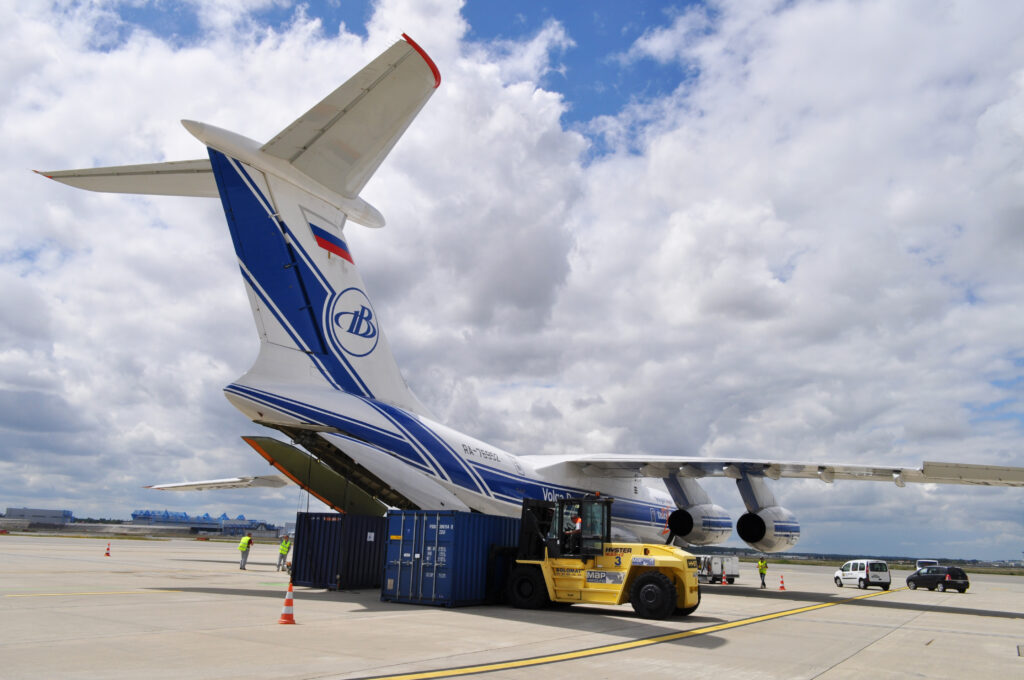
Dive-Deeper paragraph:
Each destination country has unique import rules. These can include packaging guidelines, product labeling, safety certifications, or import quotas. Failing to meet these standards results in customs rejection or delay. Businesses should research specific regulations or consult local agents who understand the legal and cultural requirements of each target market.
Key Compliance Areas
| Regulation Type | Relevance |
|---|---|
| Labeling requirements | Ensure language & safety info |
| Restricted items list | Avoid prohibited content |
| Inspection standards | Prepare for random checks |
Work with Experienced Customs Brokerage Partners

Dive-Deeper paragraph:
Customs brokers simplify the clearance process by managing paperwork, duties, and compliance. They act as middlemen between shippers and government agencies. An experienced broker reduces the risk of errors, expedites inspections, and resolves issues quickly. For businesses shipping bags globally, partnering with reliable brokers is a practical step toward consistent, on-time delivery.
Broker Benefits Overview
| Broker Role | Impact on Shipping Process |
|---|---|
| Document validation | Reduces rejection risks |
| Real-time updates | Keeps shippers informed |
| Dispute resolution | Speeds up customs release |
Conclusion
International bag shipping involves many moving parts. From documentation to delivery, any weak link can cause delays. By following these five strategies—accurate paperwork, early tax planning, smart logistics, rule compliance, and broker support—you can ensure smoother operations and happier clients. At JiaRong Packing, we collaborate with trusted logistics partners to deliver worldwide with confidence.
Have you experienced delays in your shipments? Share your challenges and how you overcame them!


